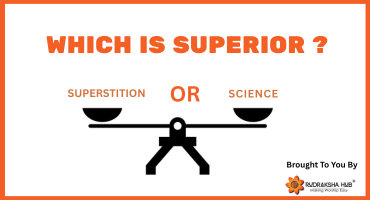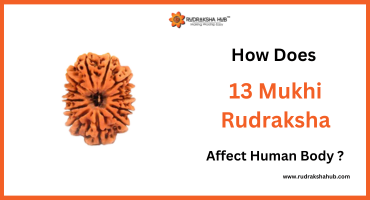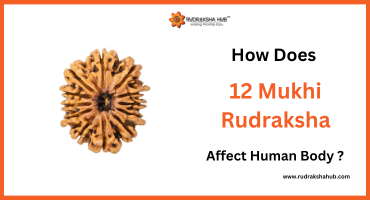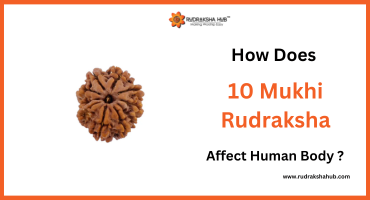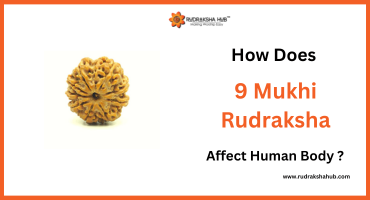
Shrimad Bhagwad Geeta Shlok Blog -62
Shlok-15
यं हि न व्यथयन्त्येते पुरुषं पुरुषर्षभ । समदुःखसुखं धीरं सोऽमृतत्वाय कल्पते ॥ 2-15 ||
English Transcription
Yam Hi Na Vyathayantyete Purusham Purushasharbha | Samadukhasukham Dheeram Somritatwaaya Kalpate || 2-15 ||
Hindi Translation
Aisa isiliye Arjun kyunki sukh dukh me sam rehne wale jis buddhiman manushya ko ye matra vichlit ya sukhi-dukhi nahi karti, wo amar hone me samarth ho jaate hain, arthaat wo amar ho jaate hain.
English Translation
The man who is not troubled by birth and death, for whom, pain and pleasure are the same: he is fit for immortality.
Meaning
In the previous Shlok, we saw how Shri Krishna talked about the emotions and the ever-changing yet non-changing side of life where seeing anything from a normal scope is overrated and anyone who does not try to zoom out and see the larger picture is as good as useless.
In this Shlok, we will see how Shri Krishna finally drives everything under one umbrella wherein he will say how all these things, death, birth, happiness, sadness, emotions, perspectives, objectives, comments, executions, and analysis will make sense when the person understands that these are the part and parcel of life and there is no reason to cry upon the spilled milk, rather there is only a need to prevent the milk from spilling even more.
Shri Krishna says that seeing things as they are and then in the manner that they can be changed or not and then deriving anything out of it is very important for human beings. If Arjun can see everything told to him and yet not decide the best for him, he is not the one anyone would have ever trusted, including his opponents because they know they are wrong but they need a lesson and they know they will learn a lesson when Arjun teaches them one it is now the duty of Arjun to recognize his talent and then make the best possible move.
For any human being, it is very essential to know that things will change and that staying constant is impossible. Thus, anyone who can stay the same in the event of happiness or sadness and think equally, then they can qualify to think about the result or the outcome of the situation. Thus, to control the situation, the mind of the thinker and doer needs to be controlled.
When the person is in control, they are not perturbed by the petite happiness and sadness. They are also not worried about chances and coincidences which were unknown or unseen or unforecasted. They are also not irritated with the unsolicited feature. They own a crystal clear vision about what to be ignored and thus, what to be focussed most upon. These are the people who are open to further knowledge and registering it in the blank space in their minds after they have cleaned the space of useless thoughts.
These people do not lose their character because they can take in a new character and then stay the same relaxed. Although humans cannot be immortal, these people gain the exact same demeanor as the immortals and then, they are able to do more in less time and thus be the source of inspiration for a lot of others in the due process.
The biggest mistake humans do is not recognizing their talents and that happens when the thoughts that do not need attention clog the brain and the thoughts that were needed with the knowledge are ignored to the level best, voluntarily or involuntarily, and thus, these people lose their charm, even before earning one properly.
Conclusion
There is a saying, Bade Bhaag Maanush Tan Paava which means it is a boon that the soul gets incarnated into a human being, the most talented and the most unique kind of mammal which can think, act and plan properly. This species can make the change that a lot of others cannot and thus, everyone should do the best they can in their life as a human. To do that, if there is a need for a basic sacrifice of excessive emotions of happiness and sadness, then that can be a sacrifice possible to make so that the next time the soul has to incarnate, it does not go through hell and pains to complete the tasks. If we already fulfill what we were supposed to, then there will be nothing or very little to do in the next few incarnations.
That's it for Shlok 15 Chapter-2. We will see you again in Shlok 16, Chapter-2. Till then, have a great day, and keep reading.

